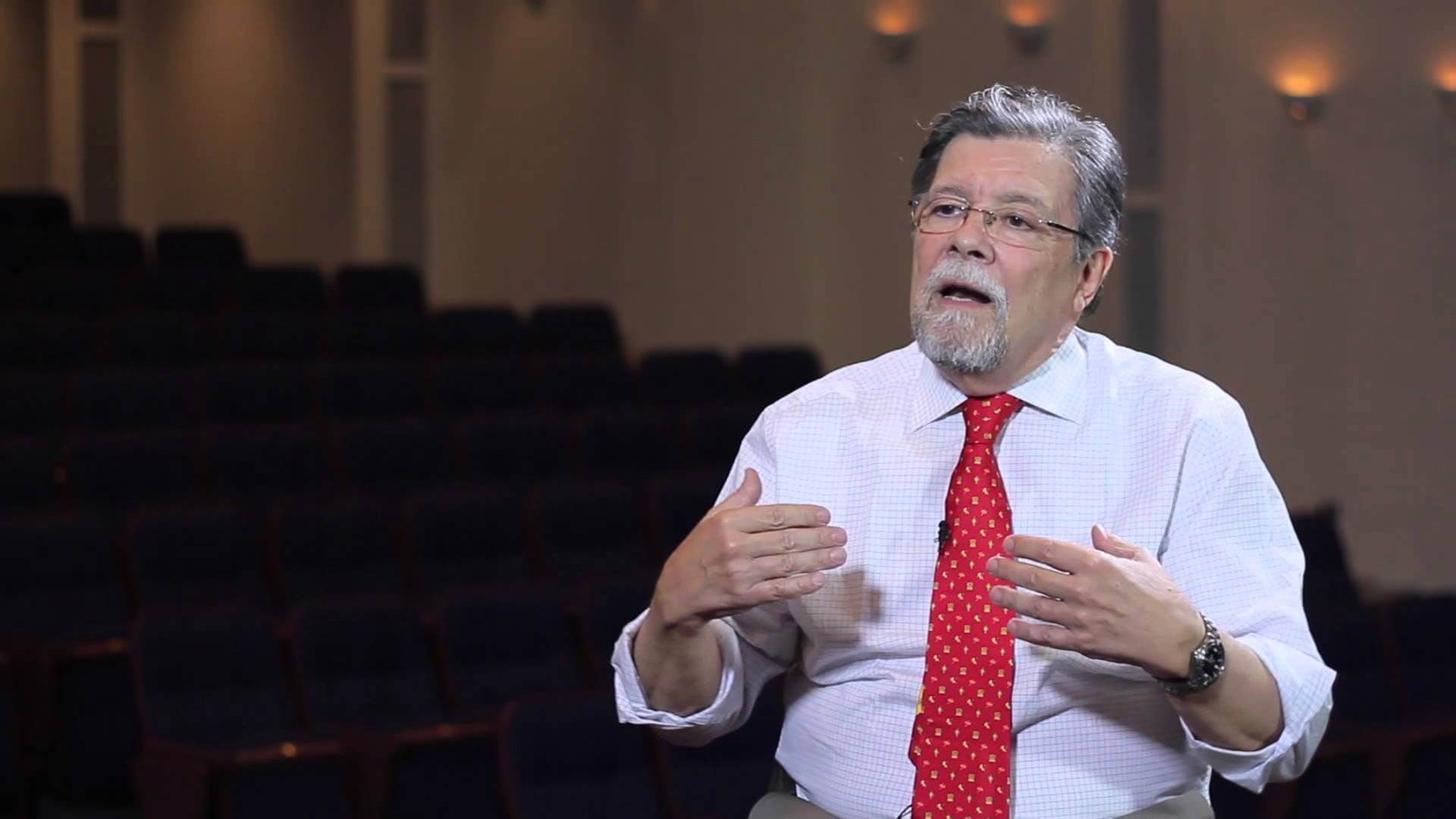The court’s decision holds that the Venezuelan state violated the freedom of expression of RCTV’s shareholders and employees, as well as that of the “[Venezuelan] people, who were deprived of access to RCTV’s editorial line.” In the judgment, published last week, the IACHR ordered the Venezuelan state to restore “the corresponding broadcast license” and to “return all assets,” including all of the broadcast equipment, which was seized from RCTV and placed in the hands of state media in 2007.
“Like the Latin American authoritarians of the 1970s, the Venezuelan regime has long ignored the decisions of the Inter-American human rights system. So, even though this judgment may not lead to the immediate restoration of Venezuela’s most popular network, it will become a landmark document for a future truth commission in a democratic Venezuela,” said Garry Kasparov, chairman of HRF. “Our organization has closely followed the RCTV case since the beginning, and we believe this judgment by the main international court of the Western Hemisphere is an act of recognition of the principled role played by RCTV’s directors. Its general manager, Marcel Granier, unlike other media moguls in Venezuela, has remained steadfast in the face of authoritarianism, thus writing an important page in Latin America’s history of resistance against dictatorship,” said Kasparov.
On June 16, 2014, HRF filed an amicus curiae brief with the IACHR on this case and asked the court to “examine not only Communication No. 0424 of March 28, 2007 of the Ministry of Popular Power for Telecommunications and Information Technology (in Spanish, MPPTI) – in which RCTV’s request to renew its license was denied merely on formal grounds – but also […] to give full evidentiary value to the events that took place starting in 2002, including, in particular, the public statements of the president […] and several State ministers in which they scolded RCTV’s editorial line,” and aired the true motives behind the shutdown of RCTV.
As submitted in HRF’s amicus curiae brief, the judgment of the IACHR went beyond the judicial and administrative documents that indicated the formal reason for the refusal to renew RCTV’s license. The court gave full evidentiary value to the numerous statements made by several high-ranking officials of the Venezuelan government, including statements made by the late Hugo Chávez, as evidence of the real motives behind the shutdown of RCTV. Specifically, the IACHR rejected the government’s formal argument that the refusal to renew RCTV’s license in 2007 aimed to “foster the democratization” and “the plurality of messages and content” in the media. Instead, the IACHR determined that the government acted with “the true intention of silencing voices critical of the government” and with “the goal of bringing RCTV’s editorial line to the fold.” Along the same lines, the IACHR found that “the stated goal [in the legal documents] was not the actual goal, and it was used only to give the [government’s] decision an appearance of legality.”
“This judgment sets a groundbreaking precedent that will long protect independent media and champions of democracy in authoritarian countries, who too often face a battery of legal proceedings with ‘an appearance of legality,’ which are in fact aimed at rubberstamping the whims of the caudillo,” said Javier El-Hage, chief legal officer of HRF. “Thanks to this ruling, high ranking officials who stigmatize their opponents in the court of public opinion, while also using subservient courts to give the appearance of legality to their overt abuses, will no longer be able to escape international justice,” added El-Hage.
On May 7, 2007, HRF launched the Free RCTV campaign, which stressed that RCTV’s imminent shutdown was a turning point for freedom and democracy in Venezuela, and that its effect was comparable to the governments of the United States, Brazil, or Spain arbitrarily shutting down networks such as ABC, Red O Globo, or Televisión Española, respectively. In May 2010, the third anniversary of RCTV’s termination,
Granier delivered a memorable address at the Oslo Freedom Forum.
The Human Rights Foundation (HRF) is a nonpartisan nonprofit organization that promotes and protects human rights globally, with a focus on closed societies. HRF’s International Council includes human rights advocates George Ayittey, Vladimir Bukovsky, Palden Gyatso, Garry Kasparov, Mutabar Tadjibaeva, Elie Wiesel, and Harry Wu.
See Marcel Granier’s presentation at the 2010 Oslo Freedom Forum here.
Read the amicus curiae HRF filed with the IACHR here.
Contact: Jamie Hancock, (212) 246-8486, jamie@thehrf.org.
